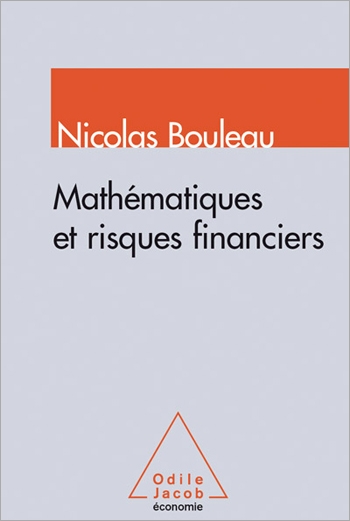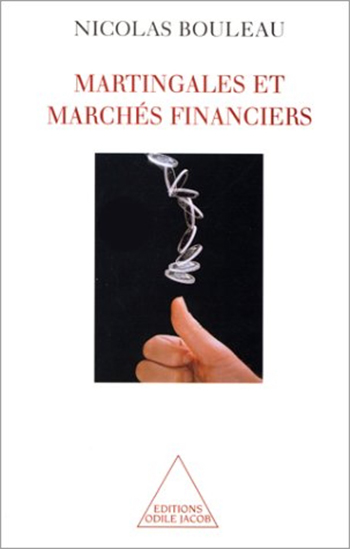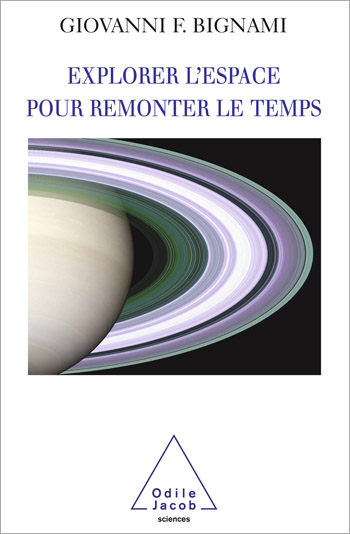Science All books
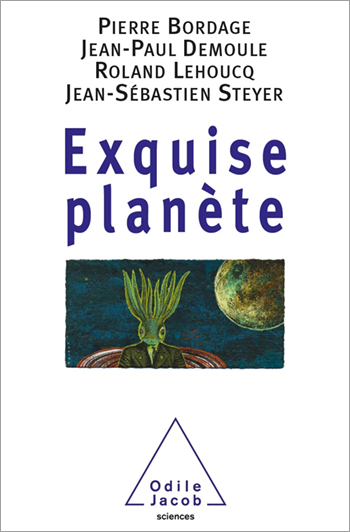
Pierre Bordage, Jean-Paul Demoule, Roland Lehoucq , Jean-Sébastien Steyer
Exquisite Planet
Adapting the form of an ‘Exquisite Corpse’ (a Surrealist technique in which collaborators draw in turn on a sheet of paper, fold it so that only a fragment remains visible, then pass it on to the next collaborator who improvises a new drawing), the four authors of this book have each described a possible planet and imagined the life forms that could have developed there, according to the laws of evolution.
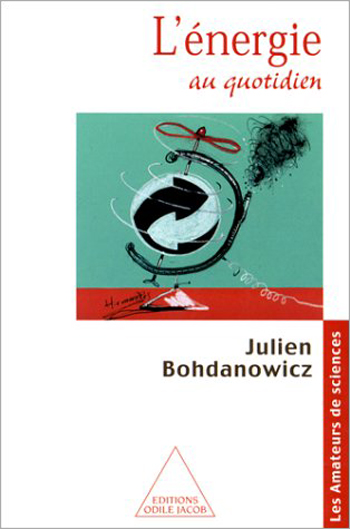
Julien Bohdanowicz
Energy in Daily Life
In this book about science in daily life, Julien Bohdanowicz explains that physics can help us understand how waste products have poisoned our environment, but also that it can show us how to treat waste. He makes readers discover the laws of the conservation of energy, which can be summarised in the well-known adage: Nothing is lost, nothing is created, everything is transformed. Julien Bohdanowicz is an engineering student at the École Nationale Supérieure des Techniques Avancées.
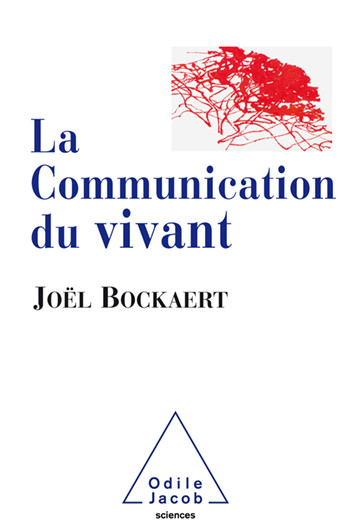
Joël Bockaert
The Communication of living things
A unique theme, communication, which encompasses all the kingdoms of life: a great opportunity to see them in a different light. If living is about communication, how is hyper-communication shaping the human being of tomorrow?
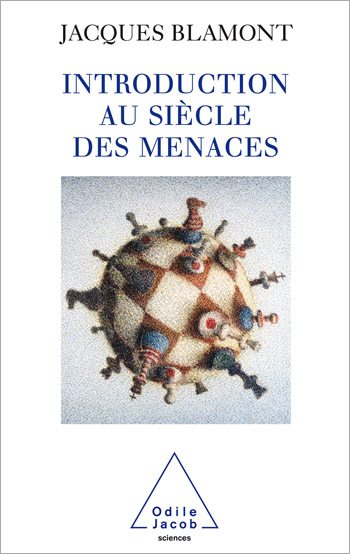
Jacques Blamont
Introduction au siècle des menaces
Although the confrontation between rich and poor is universal, it can be heightened by various factors. According to Jacques Blamont, the widening technological gap between the poor and rich nations is one such aggravating factor. The revolution in information technology has been largely responsible, because it has helped to concentrate more and more power and wealth in the hands of the few - particularly in the United States. Blamont lists various potentially threatening situations that are converging to create an explosion such as the world has never seen before. These include: the demographic growth of the very poor, the ageing population in the developed countries, new climatic risks that are endangering the environment, the spread of new epidemics as a result of globalisation, and the limited effects of the military strategies adopted by the most powerful nations. Step by step, the author deconstructs the hellish machine that our children will inherit from us - because we put too much faith in technological progress. Jacques Blamont is a member of the French Academy of Science and a professor at the University of Paris-VI. He is one of the fathers of the French space programme and was formerly the scientific director of the CNES. He is most notably the author of Vénus dévoilée and Le Chiffre et le Songe.
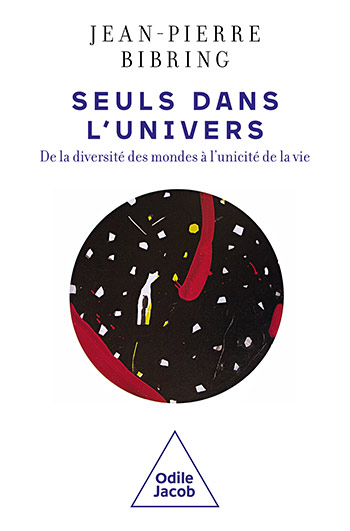
Jean-Pierre Bibring
Alone in the Universe
Since the first observations made with space probes, everything seems to indicate that the Earth, the product of a long chain of coincidences, is unique in its kind. Is life not therefore a generic property of the universe?
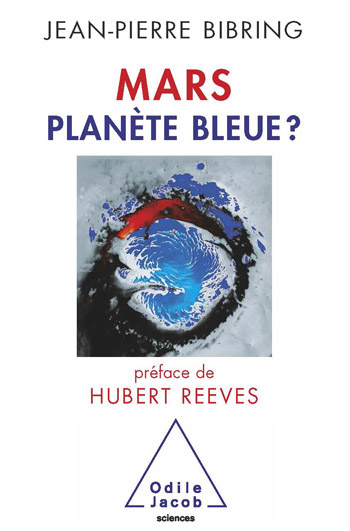
Jean-Pierre Bibring
Mars Blue Planet?
This little gem of popular science recounts the history of Mars in clear, accessible language.

Bernard Besson
Greenland
“With an apocalyptic roar, Greenland’s Lauge Koch Kyst region had broken off from the mainland...

Alain Berthoz, Carlo Ossola
The Freedoms of the Improbable
A dozen high-level international researchers for a multidisciplinary approach to the improbable, a powerful factor of creativity in between the possible and the impossible.

